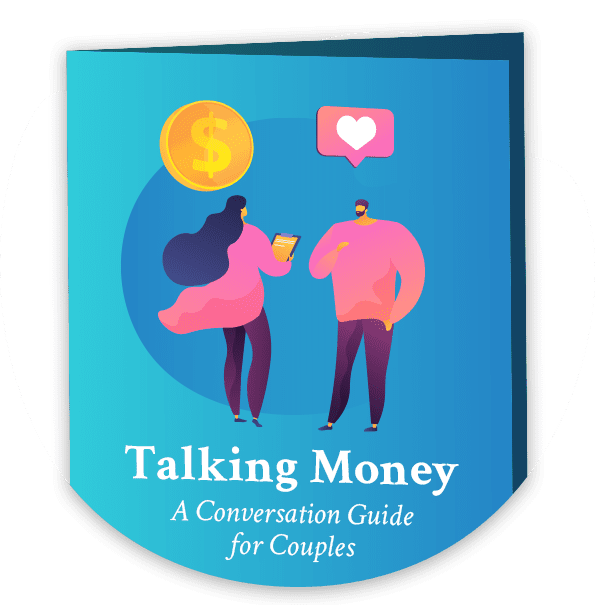If you’re getting married in California, one way or another, you’ll be getting a prenup.
Keep in mind that a prenup is short for a “prenuptial agreement.” It’s a contract that you and your spouse enter into before getting married to determine what happens to money and property in the event of divorce or death.
However, let’s say you don’t want a prenup because of the false stigma that it favors the wealthier spouse or is only for couples who don’t trust each other. Here’s the thing: even if you don’t write a custom prenup, California has included one for you anyway. It’s California law and what you and your partner agree to when signing your marriage contract with the state.
However, you have options on how to avoid this “hidden prenup” and attain the proper mindset to help you achieve a successful marriage.
Write Your Own Rules On How To Handle Money
If you don’t create a custom prenup, you’re leaving it up to the state to decide what happens to your finances. Nearly all income, property, and debt acquired after getting married is now owned equally by both of you—50/50. This may or may not be ideal for you, but keep in mind that this is just the tip of the iceberg.
Whatever the case may be, when you’re getting married and signing that marriage contract, you’re blindly opting into rules and guidelines for your marriage that may not serve you and your partner best. Think of it as the State’s “Terms & Conditions.” It’s like downloading an app except it’s directly affecting your life! California’s default terms don’t take into consideration your personal, familial, cultural views and traditions around money and property because they are standard and boilerplate rules that they want to apply to everyone. This is impossible to do!
More importantly, it’s absolutely imperative to have conversations around money and property with your partner. By doing so, you’ll learn about each other’s views in an effort to agree on how finances are handled during the marriage and in case of an unexpected end. The openness, honesty, and trust it takes to have these talks will build a strong foundation for communicating on other deep topics down the line.
This personalized agreement becomes the blueprint for your marriage, customized to meet you and your partner’s needs and goals. You bypass the boilerplate California laws and completely avoid opting into the State’s hidden prenup.
BEFORE getting married, what conversations about MONEY should you have with your partner?
Use this guide to discuss budgets, assets, debts, goals, joints bank accounts and more.
Get the guideA Prenup Is An Amendment to Your Marriage Contract
Getting married is both a legal and financial contract (and that’s why it’s vital to consult with a legal expert before doing so). Legal marriage has its merits and benefits and even 72% of millennials feel that marriage is something they’ve always wanted.
Thus, if you’re comfortable or even excited about signing your name on a marriage contract, you should view a prenup as a crucial amendment to it. It helps to think of your marriage as a business—it requires clear operational guidelines.
When entering into a business partnership, you sign an agreement explicitly establishing what happens to finances and ownership if one of the partners wants out. Similarly, a prenup contains the terms and conditions of marriage that both you and your spouse must agree upon to take into effect. To hold up in court, the document must be fair and mutually beneficial as well. Just like a business agreement, a prenup helps you and your partner move forward confidently from a legal standpoint during an exciting event of your life.
To help you even further, we created this prenup guide to help walk couples through the questions you should be asking each other before getting married. As you read through, don’t hesitate to reach out to us with any questions—we’d be happy to help.


Thank you for posting this site as it is very informative. This is exactly what I needed to show my Lady that even though we can’t marry the next five years, we have the tools to protect each other from unfair influences and not just rely on CA state laws.
Hi Randall – I’m glad you found the information to be useful. If you have any questions, please don’t hesitate to reach out to me.